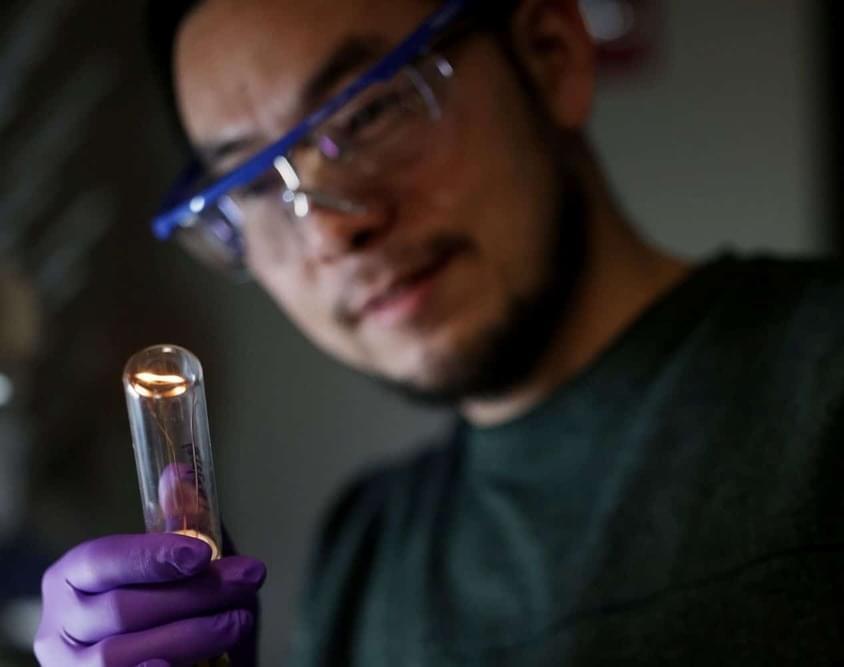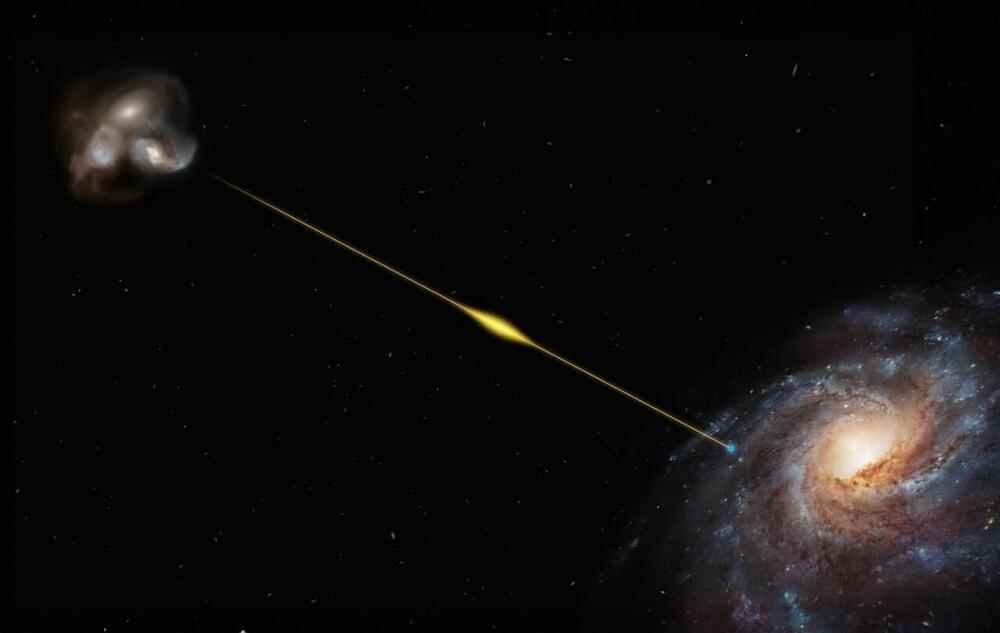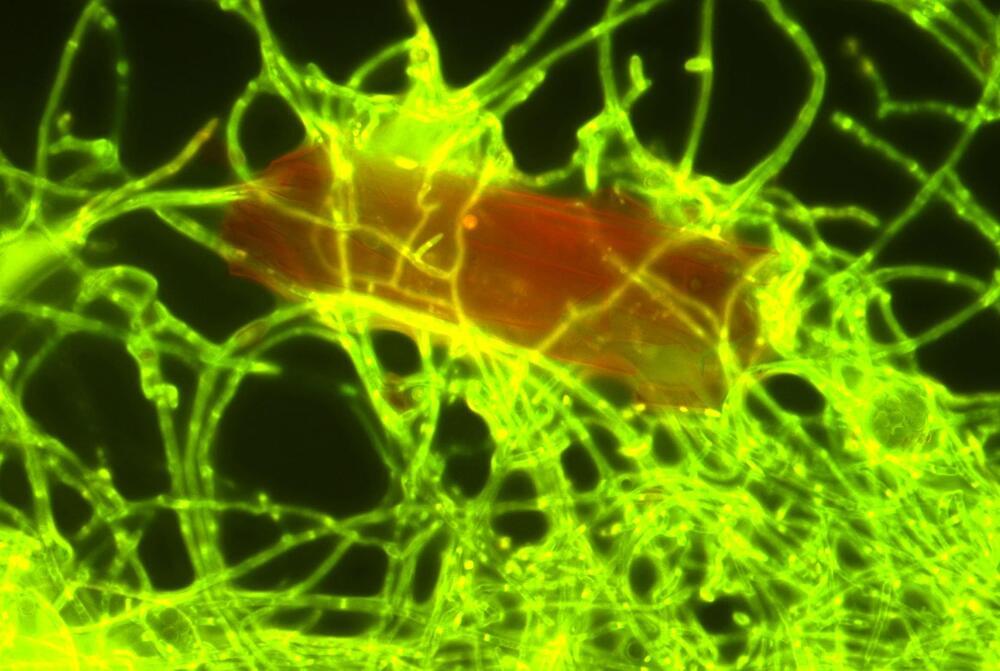Researchers found that the fungus Parengyodontium album degrades UV-exposed polyethylene in the ocean, suggesting that similar fungi might also break down plastics in deeper waters.
Researchers, including those from NIOZ, have discovered that a marine fungus can decompose the plastic polyethylene after it has been exposed to UV radiation from sunlight. Their findings, published in the journal Science of the Total Environment, suggest that numerous other fungi capable of degrading plastic likely reside in the deeper regions of the ocean.
The fungus Parengyodontium album lives together with other marine microbes in thin layers on plastic litter in the ocean. Marine microbiologists from the Royal Netherlands Institute for Sea Research (NIOZ) discovered that the fungus is capable of breaking down particles of the plastic polyethylene (PE), the most abundant of all plastics that have ended up in the ocean. The NIOZ researchers cooperated with colleagues from Utrecht University, the Ocean Cleanup Foundation and research institutes in Paris, Copenhagen, and St Gallen, Switzerland. The finding allows the fungus to join a very short list of plastic-degrading marine fungi: only four species have been found to date. A larger number of bacteria were already known to be able to degrade plastic.








